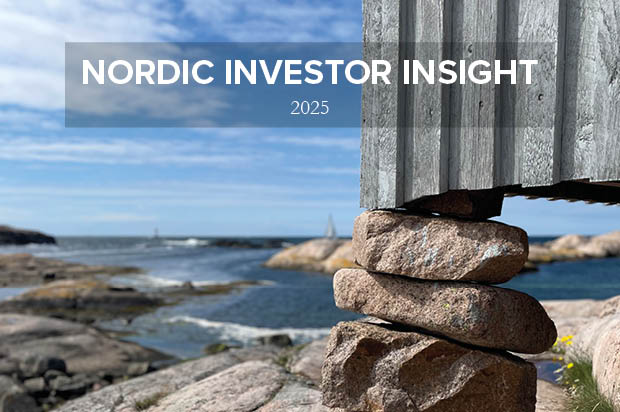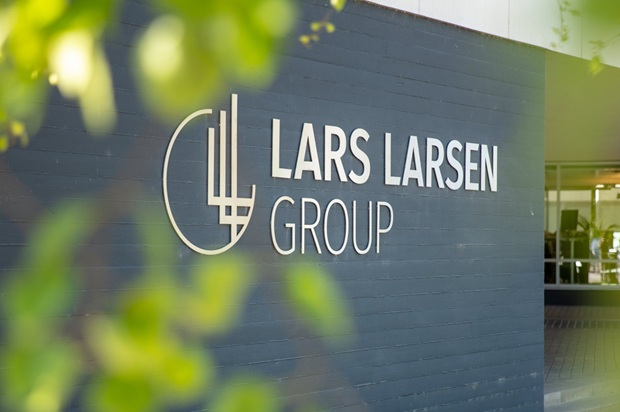
Are you certain you are getting value for your money?
Iceland is the first Nordic country to welcome a new cost transparency initiative that helps pension funds make cost comparisons across different investment platforms. Chris Sier, CEO of ClearGlass and the man behind the initiative, says next stop is mainland Scandinavia.
Iceland is the first of the Nordic countries to welcome a UK-born initiative that aims to help investors with more accurate value for money comparisons and to weed out underperforming asset managers. The Cost Transparency Initiative (CTI), supported by the cost transparency data provider ClearGlass, is an industry standard that aims to support investors by collecting and comparing fund costs and charges across a range of asset classes. The initiative was launched earlier this week in Reykjavik.
According to Thorey S. Thordardottir, managing director of the Icelandic Pension Funds Association, the significant increase in the share of foreign assets in Icelandic pension assets requires new methods to determine whether pension funds are getting value for their money from foreign asset managers. “These assets are in most cases managed by external managers in major financial centres such as London and New York. Costs of their services are therefore an important factor in the operating expenses of Icelandic pension funds,” she says. Currently, some 35.8 per cent of the country's EUR 45.6 billion pension pot is invested abroad.
CTI was originally introduced in the UK in 2018 after a review by the UK’s Financial Conduct Authority (FCA) on cost transparency within the asset management industry found that UK asset owners were struggling to determine the value for money they were getting from their investments. The framework has now been widely adopted by investment management firms across the UK with 80 per cent of pension schemes using the templates, according to ClearGlass.
The man behind the initiative, ClearGlass’ CEO Chris Sier who led the Financial Conduct Authority’s project to set new transparency standards for asset managers in the UK, says that shedding light into the murky world of asset management fees will help investors to better understand and compare the true cost of their investments.
The CTI creates benchmarks based on deal-specific data that enable investors to compare costs across different asset classes. As it uses client-based data instead of generic share class pricing from public sources, the benchmarks fall below those that might be derived from public sources. “Well-known players that provide ‘fee surveys’ based on publicly available data are likely to provide inaccurate reports,” Chris Sier explains.
Unlike the data collected from public sources, CTI’s data will instead show more frequently that investors are paying too much. “In our experience in the UK, asset owners that have used benchmarks derived from CTI data will, in aggregate, be able to negotiate fees down by eight to ten basis points or more, whereas if they had used benchmarks derived from public data, they would have done nothing,” Chris Sier says.
He also points out that as the dataset of CTI collections is now so large and diverse, all benchmarks derived from it reflect the variance in fees depending on the size of the mandate. “In other words, they account for the fact that larger mandates tend to attract a lower unit cost,” he says.
With Icelandic pension players increasingly facing fee negotiations with foreign asset managers, having a value for money benchmarking tool in their arsenal can prove beneficial. Almenni lífeyrissjóðurinn, which currently manages some ISK 367 billion (EUR 2.6 billion) in total assets with an intention to increase its foreign investments, has been the first to adopt the template in Iceland. The pension fund’s CEO, Gunnar Baldvinsson, emphasises that it is important for the country’s 21 pension funds-strong industry to achieve greater transparency on asset management fees in the current situation. “The availability of comprehensive and transparent information on costs and charges is essential to ensure Iceland’s financial industry remains competitive across Europe,” he says.
Chris Sier believes that Iceland has been a good starting point for the initiative’s expansion, which is poised to take on the Swedish pension market next. “Despite Iceland being a ‘small’ or low populated country, it has a huge pension fund market and the pension funds are to increase their offshore exposure significantly. This makes value for money benchmarking critical for them,” he says.
He says that ClearGlass is launching the CTI framework in other Nordic countries as well, starting with Sweden this spring. “A reception at the UK Ambassador’s Residence in Stockholm will be held on May 18 to brief Swedish pension funds and the wider institutional community there,” he reveals.



